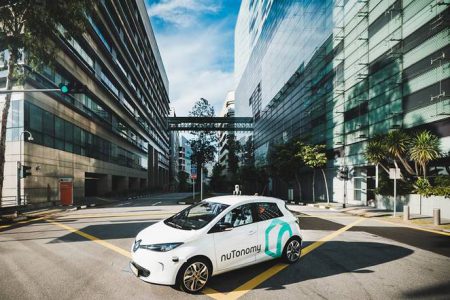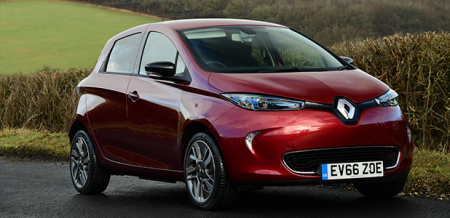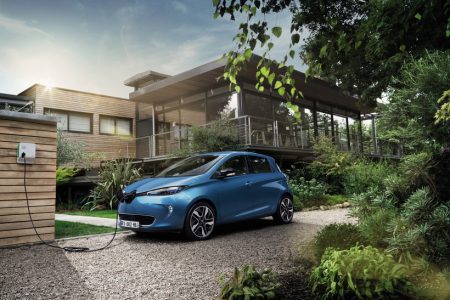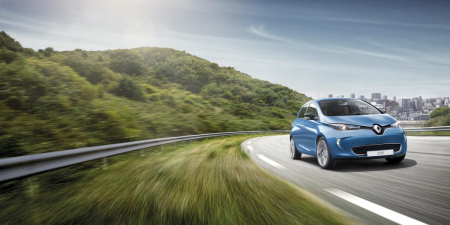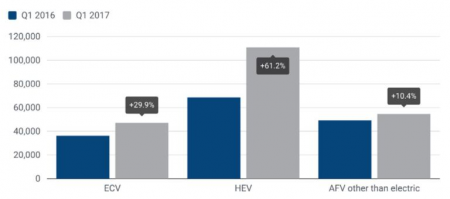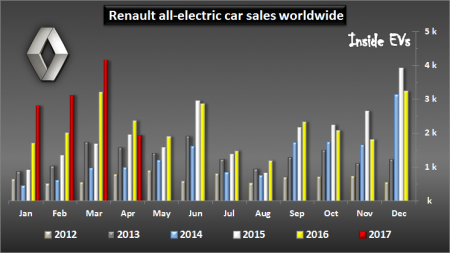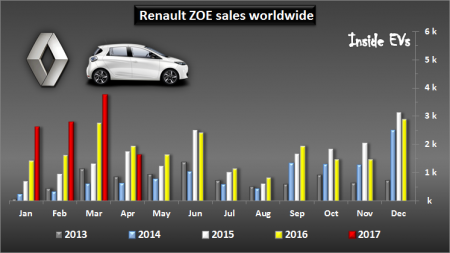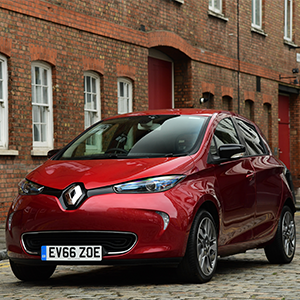Slough Borough Council has purchased three Renault Zoe EV vehicles as staff pool cars.

The purchase follows Slough Borough Council’s ‘journey to clean air’ initiative, as part of its low emissions strategy.
The pool car scheme is part of Slough’s wider fleet challenge programme, providing ‘environmentally friendly’ solutions for staff travel to meetings, site inspections and client visits. This all helps towards Slough’s aim to decarbonise its fleet.
Leader of Slough Borough Council Cllr Sohail Munawar said:
“The fleet challenge is just one of the ways we are making a difference to our communities and our environment. By introducing a pool of both ultra-low emissions electric cars and e-bikes, we are moving towards that goal.
“Forty staff tried the Renault Zoe and the feedback was excellent. They found it easy to drive and the controls clear and simple to understand. The charging lead is easy to connect and the range the car offers makes it ideal as a pool car.
The three Zoe Dynamique iNav R90 Z.E.40 models were sourced through Renault Croydon and have been fitted with the optional rear-view parking camera.”
Groupe Renault UK’s national fleet manager Mark Potter said:
“We’re delighted that Slough Borough Council has chosen the Renault Zoe as its first electric pool car. The Zoe creates no emissions at the tailpipe, and with the 250-mile range (NEDC) available from its Z.E.40 battery, it will be able to complete return journeys across the borough without needing to stop and charge up again. We are sure staff will also enjoy its smooth, quiet performance and fun character.”
Source: FleetNews


